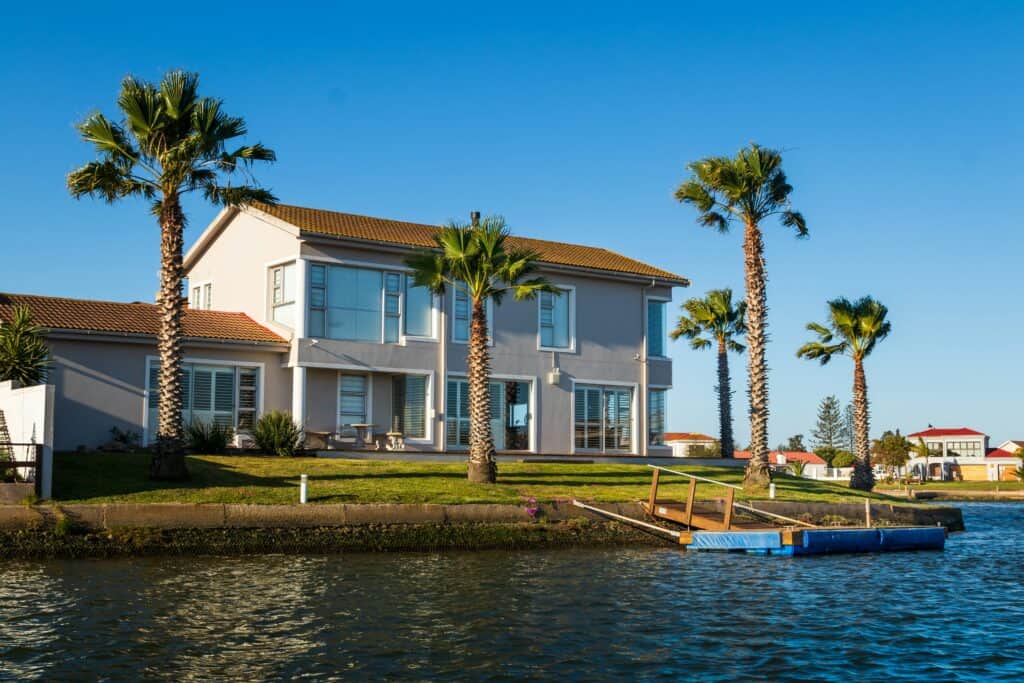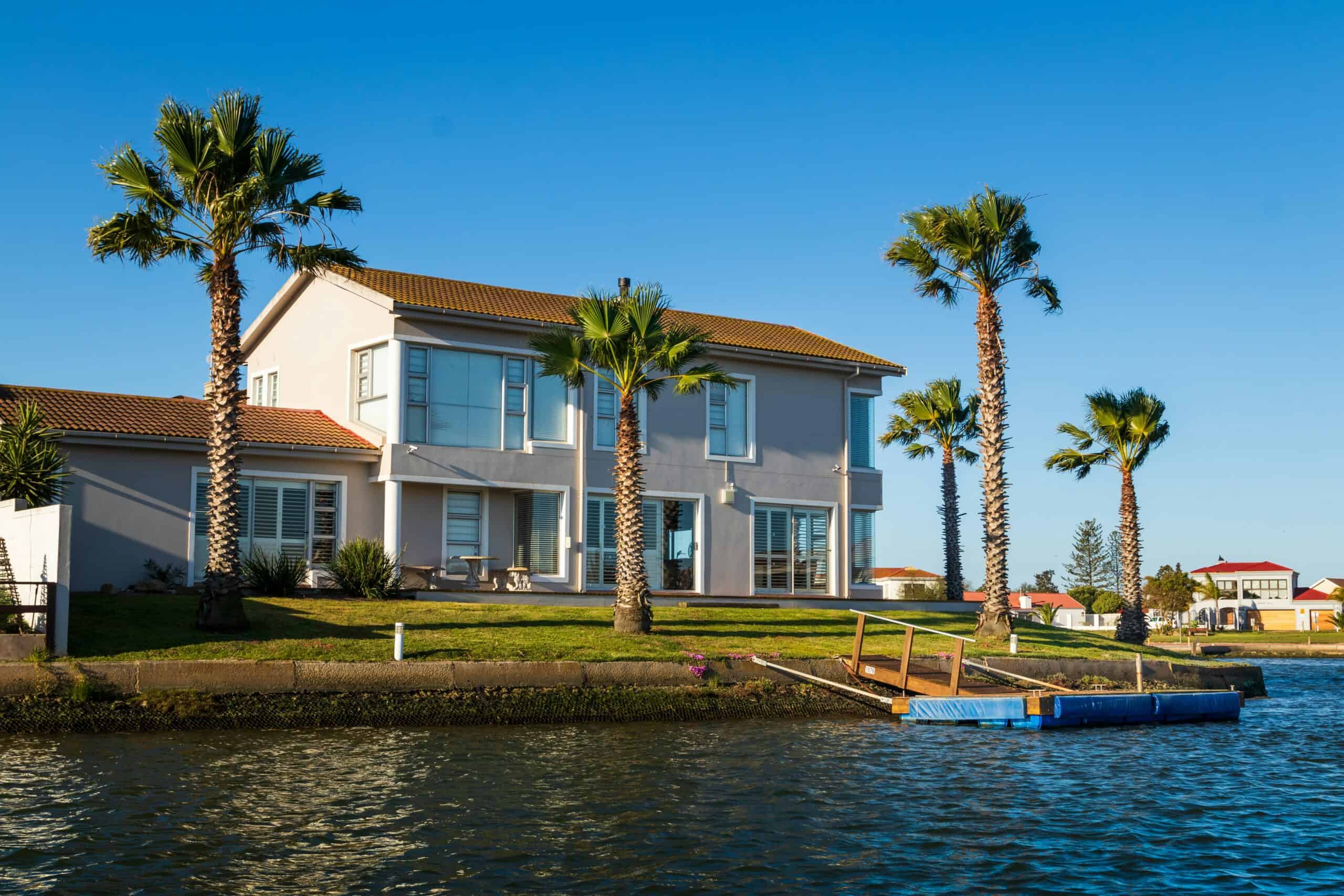For many California families, a vacation home is more than just real estate. It’s the backdrop for childhood memories, family gatherings, and traditions that span generations. It might be the beach house in Santa Cruz, a cabin in Tahoe, or a desert getaway in Palm Springs. Because properties carry deep emotional ties, figuring out how to pass down a family vacation home without causing drama is one of the most challenging parts of estate planning.
At Best Coast Estate Law, P.C., we’ve seen how a vacation home can either bring families together or drive them apart. And our estate planning lawyers can make sure it doesn’t tear apart yours.
Why Do Vacation Homes Create Complications?
Unlike financial assets, a vacation home comes with ongoing expenses, upkeep, and competing interests. One family member might love using the home every summer, while another would rather sell and take the cash. Maintenance costs, property taxes, and scheduling can easily become sources of disagreement. Without a clear plan, your heirs could end up in probate court or even fighting over what should have been a source of joy.
That’s why careful estate planning is essential. Deciding how to pass down a beloved vacation home without causing drama requires balancing legal structure, financial planning, and family dynamics.

How to Pass Down a Vacation Home
There’s no one-size-fits-all answer, but here are the most common strategies:
Transfer Through a Living Trust
Placing the vacation home in a living trust is one of the most flexible ways to ensure smooth transfer. The trust avoids probate, clearly defines who inherits the property, and can outline rules for use and management. You can specify whether the home must be kept in the family or whether your trustee has authority to sell if it becomes burdensome.
Create a Family LLC
For families with multiple heirs, creating a limited liability company (LLC) to hold the vacation home can work well. Each heir has ownership interests in the LLC, and you can establish an operating agreement that covers scheduling, expense sharing, and decision-making. This structure helps avoid conflicts and provides liability protection.
Sell or Equalize with Other Assets
In some cases, the cleanest option is to sell the vacation home and divide the proceeds. Alternatively, if one child wants the home and others do not, you can equalize inheritances with cash, investment accounts, or life insurance proceeds. This ensures fairness and reduces resentment.
Addressing the Emotional Side
Legal structures are critical, but the emotional piece is just as important when deciding how to pass down a family vacation home without causing drama. Family conversations are key. Let your children or beneficiaries share how they feel about the property. You may be surprised to learn that not everyone wants the responsibility of co-ownership.
By addressing emotional issues early, you reduce the risk of siblings arguing later. A written family agreement, alongside your estate plan, can clarify expectations and keep relationships intact.
What are the Costs of a Vacation Home?
Vacation homes come with property taxes, insurance, repairs, and sometimes HOA fees. Your estate plan should answer: Who pays for what? Will costs be shared equally, or will usage factor into contributions? If one heir can’t afford their share, will they have the option to sell their interest? Laying this out in advance is essential for long-term harmony.
California Vacation Homes
In California, real estate transfers also trigger property tax reassessments under Proposition 19, which can dramatically increase annual costs if the property is not used as a primary residence. This makes planning especially important for vacation homes. An experienced estate planning attorney can walk you through whether keeping the property in the family is financially sustainable—or whether alternative strategies might work better.
Planning Ahead Preserves the Memories
A family vacation home should remain a place of connection, not contention. By creating a clear legal framework, addressing financial realities, and having open conversations with your loved ones, you can pass down your vacation home without leaving behind disputes.
At Best Coast Estate Law, P.C., our vacation home lawyers help California families navigate critical decisions every day. With the right estate plan, you can preserve your vacation home as a legacy that continues to bring joy for generations.



